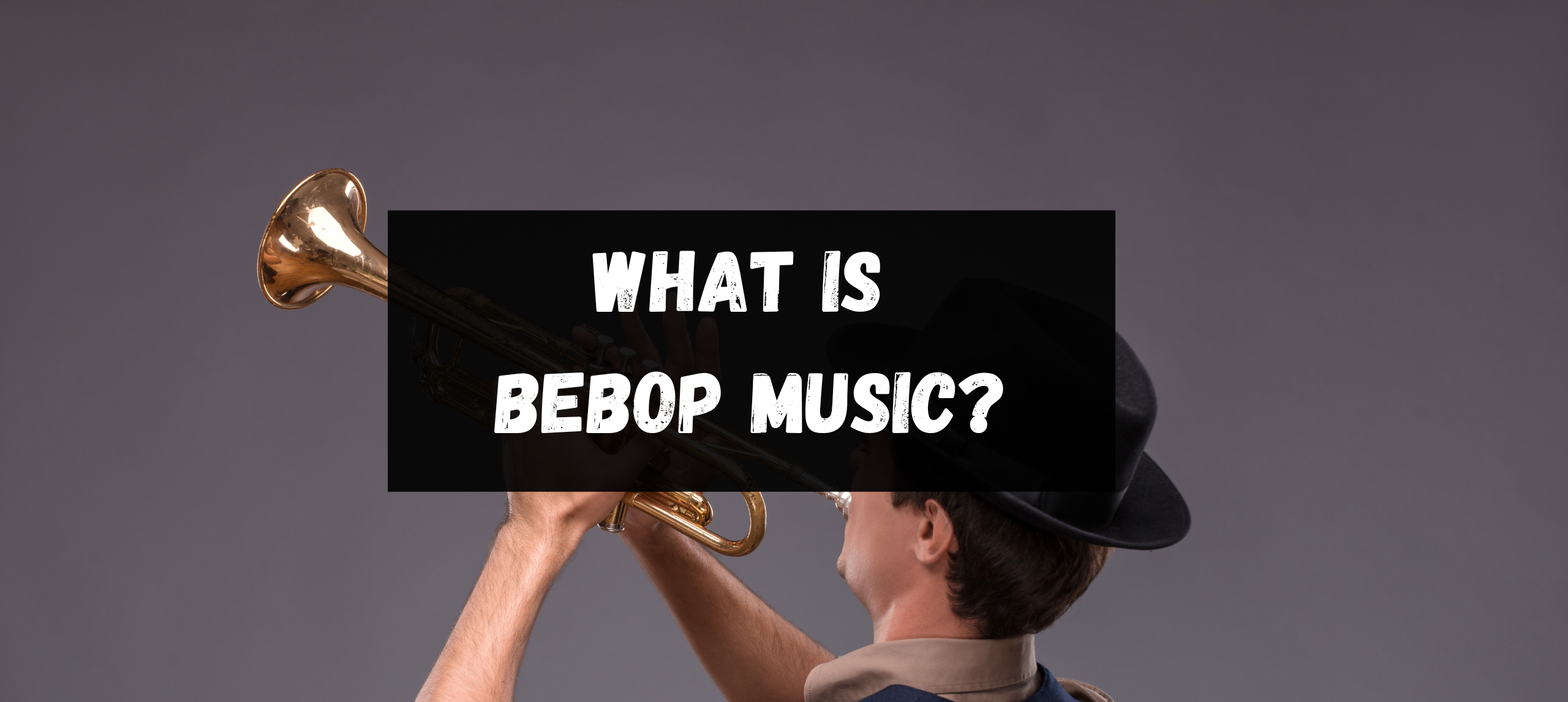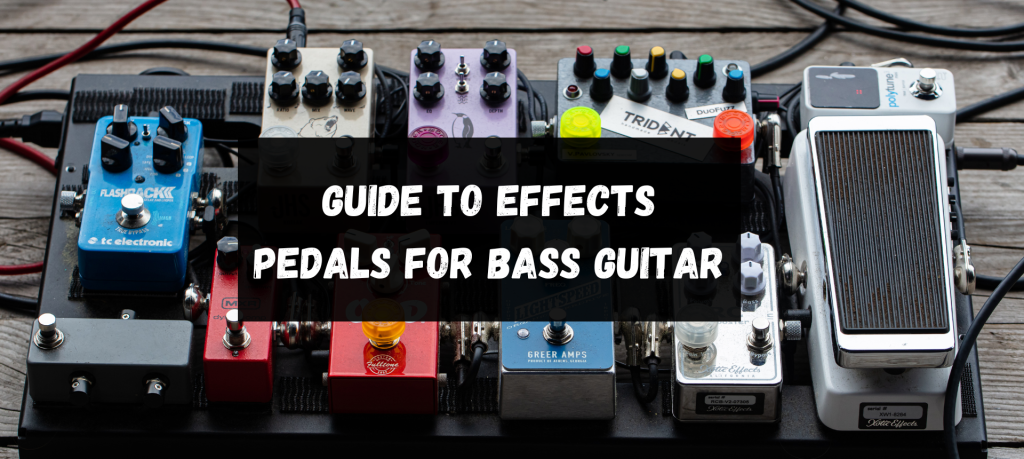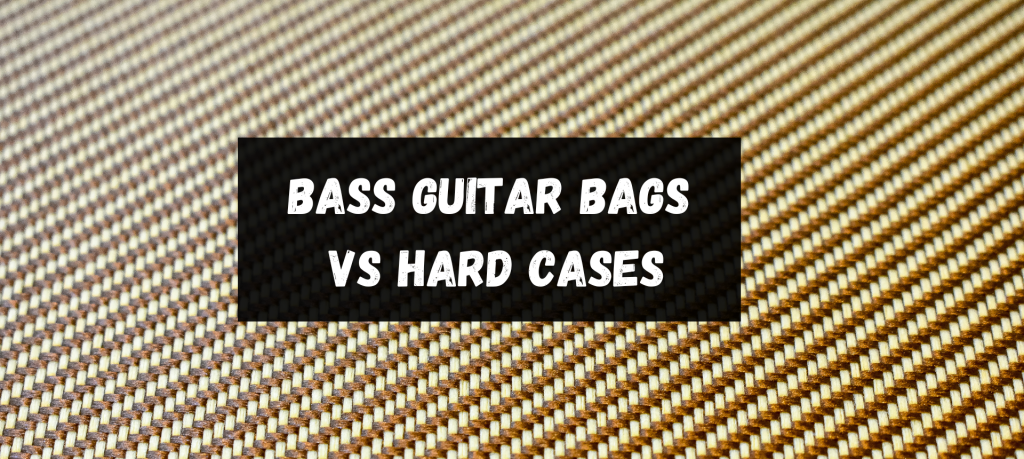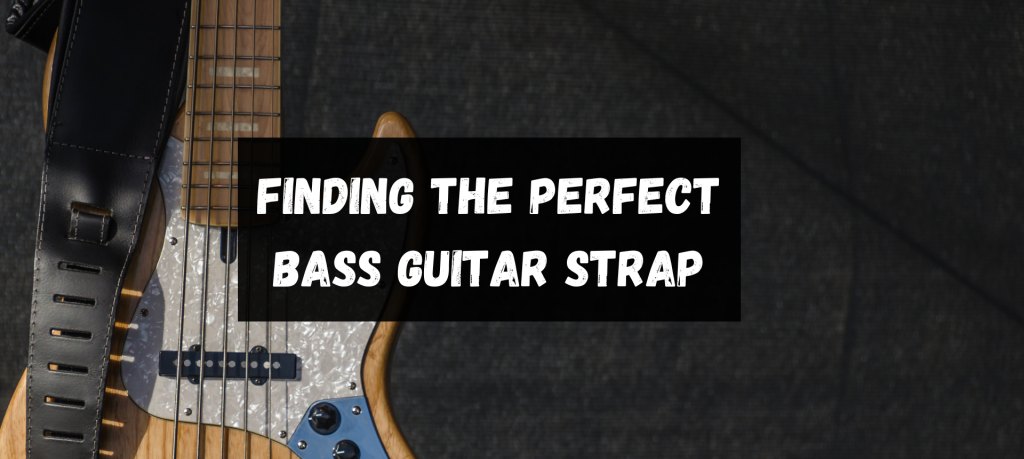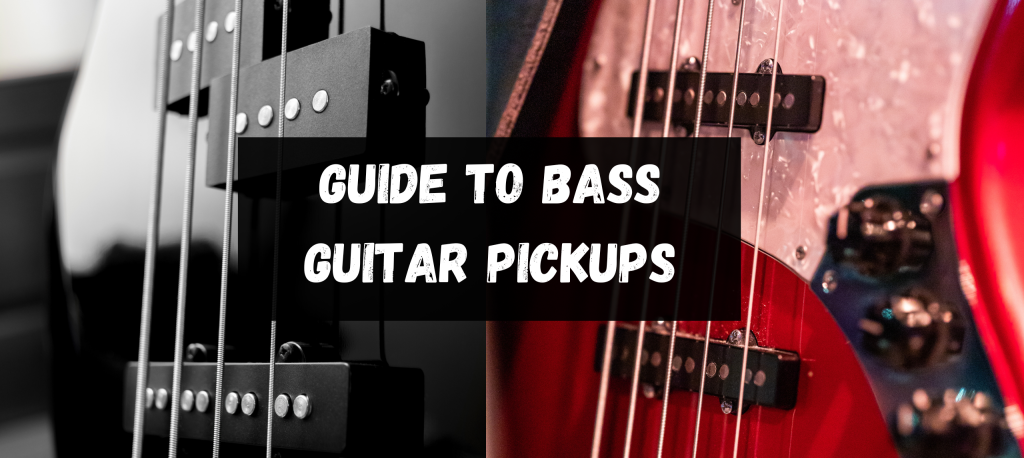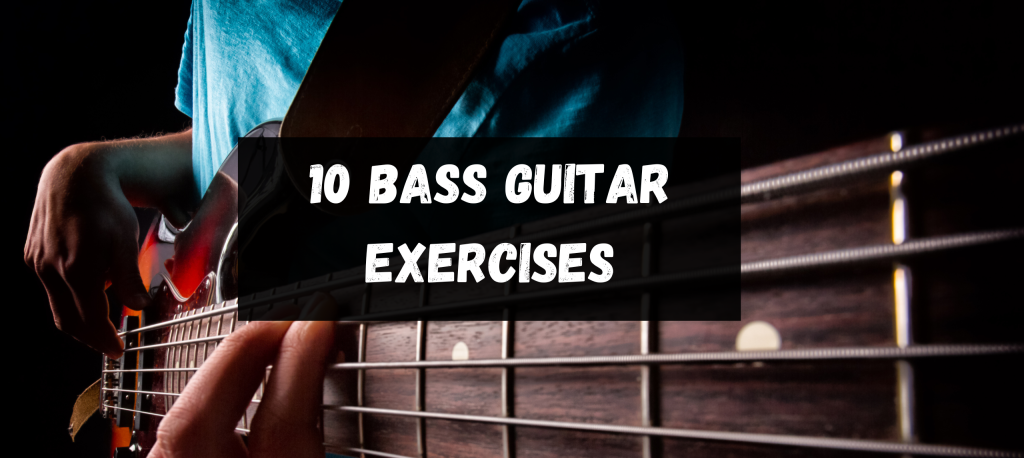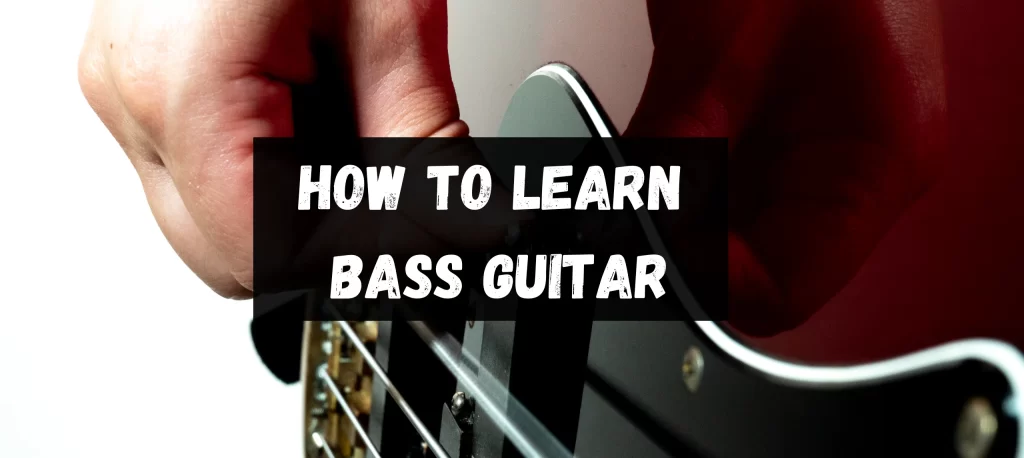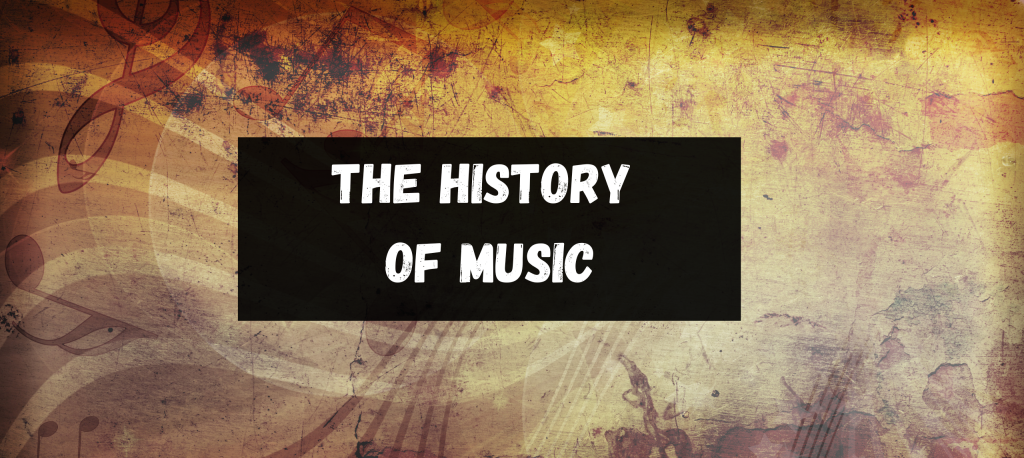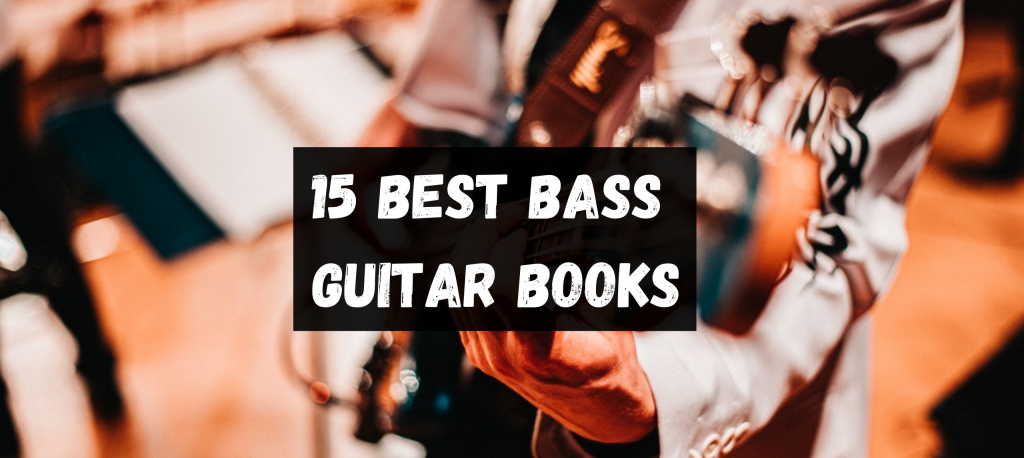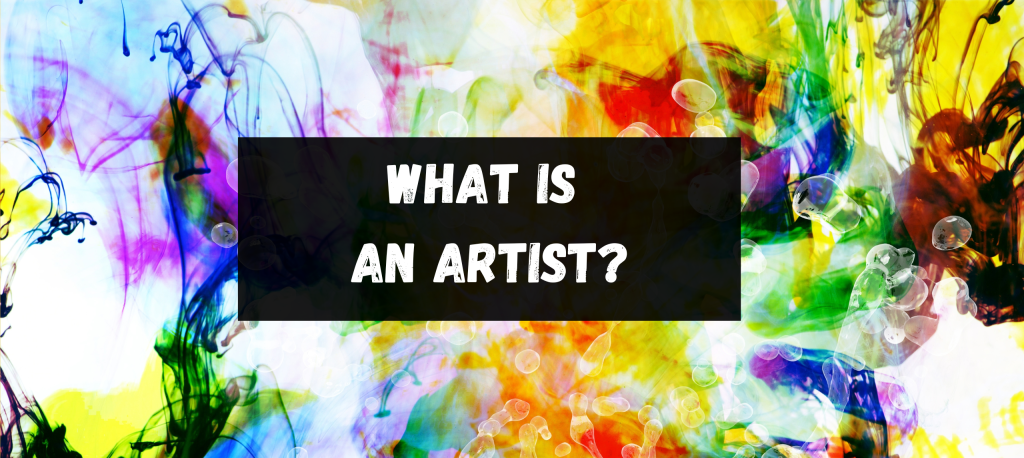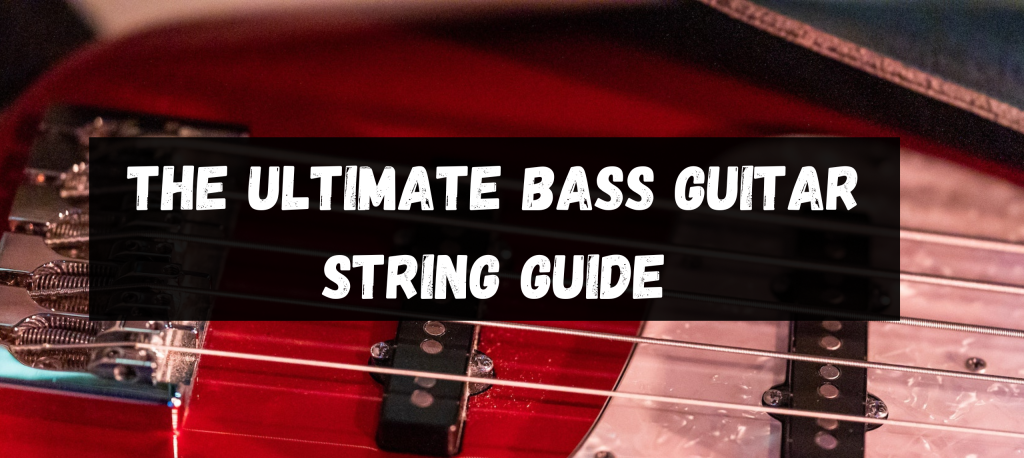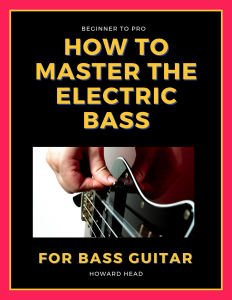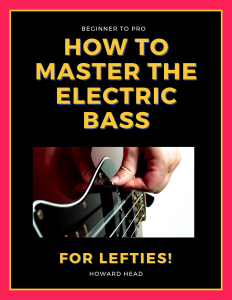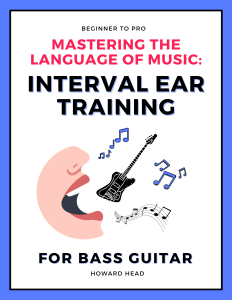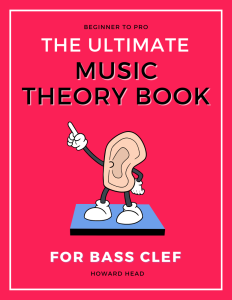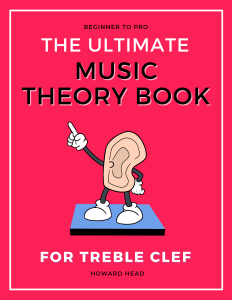August 22, 2023
Howard
Bebop is a revolutionary style of jazz music that emerged in the 1940s, characterised by its complex harmonies, intricate melodies, and fast tempos. It departed from the structured and dance-oriented Swing era, focusing instead on improvisation and musical virtuosity. Often seen as a musician’s music, Bebop continues to be celebrated for its artistic depth and influence on subsequent jazz genres.
Bebop’s origins are woven with legendary musicians’ names, each contributing their unique flair and creativity to the genre. As we journey through the musical attributes and key figures defining bebop, we’ll also delve into its broader cultural significance, reflecting a particular historical moment. There’s much to uncover in the dynamic world of bebop, and if you’re keen to know more about how a seemingly chaotic music style became a disciplined art form, read on. Bebop is not just a genre; it’s a fascinating study of creativity, rebellion, and artistic evolution.
Historical Background and Formation
Emergence and Early Years
In the heart of the 1940s, a musical revolution was simmering in the jazz clubs of America. Bebop, with its complicated melodic lines and blazing-fast tempos, emerged as a rebellion against the constraints of the famous Swing music of the time. Jazz musicians sought greater freedom and complexity, leading to the birth of this remarkable genre. The early years of Bebop were marked by experimentation and artistic exploration, giving rise to legends like Charlie Parker and Dizzy Gillespie.
Evolution from Swing to Bebop
The transition from Swing to Bebop was more than just a musical shift; it was a cultural evolution. Swing, with its big-band orchestration and emphasis on dance rhythms, was the music of the masses. Bebop, however, turned inward, focusing on artistic expression and individual virtuosity. The smaller ensembles allowed for more improvisation, making the melodies more intricate and unpredictable. This shift marked a significant change in the landscape of jazz, turning it from popular entertainment to a more serious and intellectual pursuit.
Cultural and Social Context of the 1940s
The 1940s were a tumultuous period marked by war, social change, and cultural upheaval. Bebop was born in this cauldron, reflecting the restless energy and existential questioning of the time. African American musicians, in particular, began to assert their artistic identity and challenge societal norms through this complex and innovative music form. Bebop became a symbol of resilience, creativity, and a yearning for self-expression. As we’ll explore in later sections, the influence of Bebop extended far beyond the jazz world, leaving an indelible mark on various aspects of American culture.
Characteristics and Sound of Bebop
Six Main Features of Bebop Music
The sound of Bebop is immediately distinguishable from other jazz styles, primarily due to its unique features. Bebop is characterised by its fast tempo, intricate melody lines, complex harmonies, extended improvisation, altered chords, and a rhythm section that pushes rather than leads the soloist. These elements come together to create a sound that’s both challenging and exhilarating to listen to. Musicians, scholars, and enthusiasts continue studying these features to understand the genre’s depth and richness.
Instrumentation Specific to Bebop
While Bebop can be played on various instruments, certain ones became synonymous with the genre. The core of a Bebop ensemble was often the trumpet, saxophone, piano, bass, and drums. These instruments allowed musicians to explore new sound textures and experiment with avant-garde techniques at the time. Notable musicians like Charlie Parker (alto saxophone) and Dizzy Gillespie (trumpet) were instrumental in shaping the Bebop sound through their mastery and innovation.
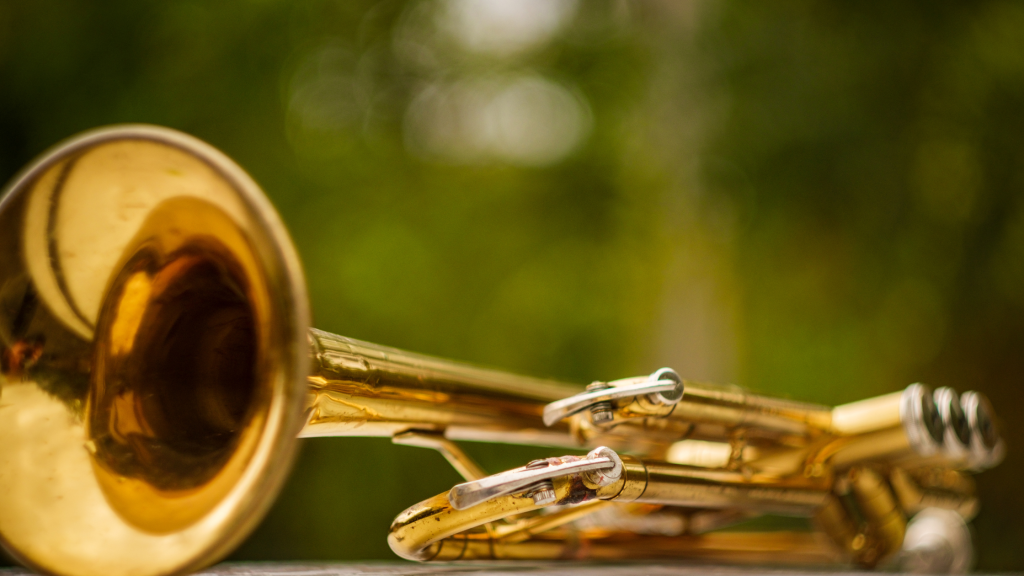
The Unique Harmonic Vocabulary
Harmony in Bebop is intricate, and the chords often flow quickly. Musicians used extended and altered chords, creating a rich harmonic palette that was exciting and demanding. This approach allowed for more expressive improvisation and led to a sound that was profoundly emotive and cerebral at the same time. The harmonic vocabulary of Bebop continues to influence jazz musicians today and is considered a foundation of modern jazz theory.
Notable Musicians and Performances
Iconic Bebop Musicians
Bebop, a revolutionary genre, was given life by the ingenious minds and skilled hands of its pioneering musicians. Legends like Charlie Parker, Dizzy Gillespie, Thelonious Monk, and Bud Powell were central to defining the Bebop sound. These musicians were not only masters of their craft but visionaries who took jazz to new heights, their influence reverberating to this day.
Influential Performances and Recordings
The recording studio and live stage were crucial battlegrounds where Bebop was forged. Iconic recordings such as Charlie Parker’s “Ko-Ko” and Dizzy Gillespie’s “Salt Peanuts” are timeless masterpieces that showcase the essence of Bebop. Live performances in clubs like Minton’s Playhouse provided an intimate setting for musicians to innovate and audiences to experience the raw energy of Bebop. Modern jazz enthusiasts and musicians still study and admire these performances and recordings.
Collaborations with Other Jazz Greats
Bebop was never an isolated movement; it thrived on collaboration and fusion with other styles. Collaborations between Bebop musicians and other jazz greats like Miles Davis, John Coltrane, and Sonny Rollins led to new sub-genres and a blending of musical philosophies. These collaborations elevated Bebop and acted as a bridge to other musical horizons, proving that jazz, as an art form, is ever-evolving and interconnected.
Comparing Bebop with Other Jazz Styles
Differences Between Bebop and Swing
Bebop and Swing, two vibrant jazz styles, each made their unique mark on the musical landscape. But what sets them apart? With its danceable rhythms and large orchestras, swing dominated the 1930s, often featuring catchy melodies and arrangements. Emerging in the 1940s, Bebop took a different path, focusing on smaller combos and embracing complexity in improvisation and harmony. The contrast is striking and offers a rich study in the diversity of jazz itself.
Bebop’s Influence on Later Jazz Forms
The influence of Bebop didn’t stop with its heyday. It was a foundation for later jazz styles, including Hard Bop, Modal, and Free Jazz. By pushing musical boundaries, Bebop inspired future musicians to explore, experiment, and evolve. The ripples of its innovation can be felt across the jazz spectrum, a testament to its enduring relevance.
How Bebop Changed Musical Style
Bebop didn’t just alter the course of jazz; it revolutionised the musical style. With its emphasis on improvisation, complex harmonies, and breakneck tempos, Bebop challenged traditional musical norms and expectations. It encouraged musicians to see their instruments and compositions in new ways, fostering creativity and individual expression. The impact of Bebop’s approach has transcended jazz, influencing various genres and inspiring musicians worldwide.
Multimedia Exploration of Bebop
Audio Clips: Listen to Bebop
Bebop’s intricacies are best appreciated through active listening. A selection of audio clips, from virtuosic solos to thrilling ensembles, will guide you through the distinctive sounds and rhythms that define Bebop. Hear the rich tonal variations and swift improvisations that separate this genre from others.
Video Performances: Watch Bebop in Action
Video performances provide a fascinating window into the world of Bebop, capturing not only the music but the energy, gestures, and interaction between musicians. By watching Bebop greats in action, you’ll gain insights into their techniques, artistry, and the sheer joy of performance. It’s a journey into the heart of a musical revolution and a chance to see legends at work.
Recommended Albums and Live Shows
To dive even deeper into Bebop, our curated list of essential albums and live shows provides a pathway to explore the very best of the genre. From classic recordings to modern interpretations, these selections represent the breadth and depth of Bebop. Discover timeless masterpieces and hidden gems that continue to resonate today.
Multimedia Exploration of Bebop
Bebop’s vibrant soul can’t be captured in words alone. It’s a musical experience that needs to be heard and seen. The following multimedia exploration will guide you through the sounds and sights of this revolutionary genre.
Audio Clips: Listen to Bebop
Indulge your ears with a selection of Bebop’s iconic tracks. From the complex improvisations to the signature rhythm, these audio clips will transport you to the smoky jazz clubs of the mid-20th century.
Video Performances: Watch Bebop in Action
Now, let your eyes feast on the visual magic of Bebop. Watching performances by Bebop’s masters, you’ll see the spontaneity, the lively interaction, and the joyous musical conversation that defines this style.
Recommended Albums and Live Shows
Whether you’re a newcomer or a seasoned Bebop enthusiast, this handpicked collection of albums and live shows is your gateway to immerse yourself further into the genre. From legendary concerts to groundbreaking albums, this guide is your passport to the rich world of Bebop. So grab your headphones, make yourself comfortable, and enjoy the journey. And remember, we’ve got even more in store for you, so keep reading!
Bebop’s Legacy and Continued Relevance
The ripples of Bebop continue to be felt across the musical landscape, and the style remains as engaging as ever. Let’s delve into its lasting impact and continued resonance.
Bebop’s Impact on Modern Jazz
Bebop didn’t just redefine jazz; it laid the foundation for future musical explorations. The inventiveness and complexity that marked Bebop have become a rich legacy, inspiring generations of jazz musicians. But how does it fit in today’s ever-changing musical terrain? The answer lies ahead.
The Genre’s Place in Today’s Music Landscape
Bebop continues to thrive as a historical artefact and a living, breathing part of contemporary music. Its influences can be traced in various genres, and modern jazz artists continue to draw inspiration from its rich traditions.
Continuing the Exploration of Bebop (Resources, Further Reading)
Whether you wish to dig deeper into history, study its intricacies, or enjoy more Bebop tunes, we’ve got you covered. Here’s a curated list of resources, albums, books, and online platforms to continue your Bebop journey.
Additional Resources and Recommendations
Dive further into the fascinating universe of Bebop with a carefully curated selection of resources and opportunities to engage with the music and the community that cherishes it.
Books, Websites, and Courses on Bebop
The study and appreciation of Bebop extend beyond mere listening. From academic courses and informative websites to riveting books authored by jazz historians and musicians, these resources can deepen your understanding of the genre.
Experiencing Bebop Live: Venues and Festivals
Nothing beats the raw energy of live Bebop performances. Whether it’s a cosy jazz club in the heart of London or a renowned jazz festival featuring the best of Bebop, the options are diverse and exhilarating.
Engage with the Community: Forums, Social Media
And if you want to engage with like-minded Bebop enthusiasts, the modern digital landscape has something for you too. The avenues to connect, discuss, and share your Bebop passion are endless, from dedicated online forums to vibrant social media communities.
Now let’s explore what is Jazz.
Why Not Have a Nosy at These?

Howard Head
I turn confused bass enthusiasts into bass gods through a simple and logical process.


